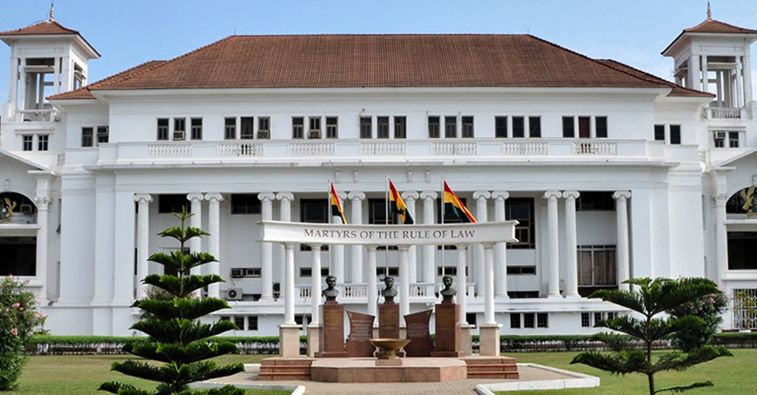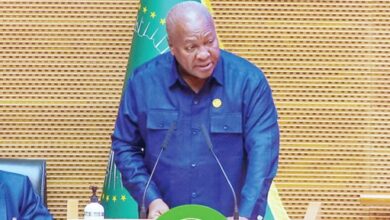Supreme Court to Rule Today on Speaker’s Powers in Landmark Vacant Seats Case
Ruling expected to clarify constitutional limits of the Speaker's authority in declaring parliamentary seats vacant

- Afenyo-Markin argues the Speaker bypassed court authority in declaring seats vacant
- Speaker Bagbin claims his actions were within his powers under the 1992 Constitution
- The decision could set a precedent affecting parliamentary representation and authority
Today, the Supreme Court will deliver a highly anticipated ruling on a contentious decision by Speaker Alban Bagbin to declare four parliamentary seats vacant, sparking intense political debate and highlighting the constitutional authority of the Speaker.
The case, initiated by NPP parliamentary leader Alexander Afenyo-Markin, disputes Bagbin’s move, claiming it bypassed judicial oversight by not involving the courts or calling by-elections.
Speaker Bagbin’s decision, grounded in his interpretation of the 1992 Constitution, argued that the MPs in question had violated constitutional provisions, justifying their removal.
Afenyo-Markin contends this overstepped Bagbin’s role, asserting that only the judiciary has the power to interpret such constitutional issues and that Bagbin’s unilateral action deprives affected constituents of representation.
In response to Afenyo-Markin’s legal action, the Supreme Court initially issued an injunction against any action on the vacated seats.
Bagbin sought to reverse this, arguing that the injunction hindered his parliamentary responsibilities. The Supreme Court rejected Bagbin’s request, maintaining the injunction and setting the stage for today’s landmark verdict.





